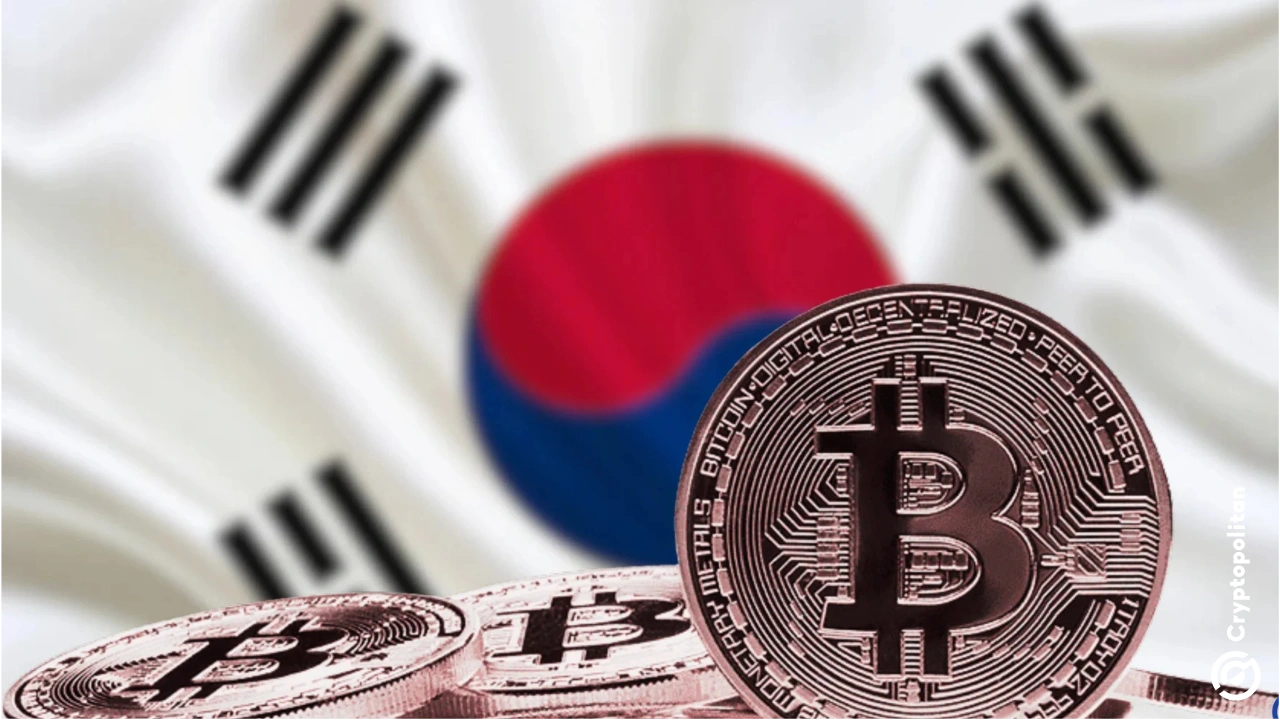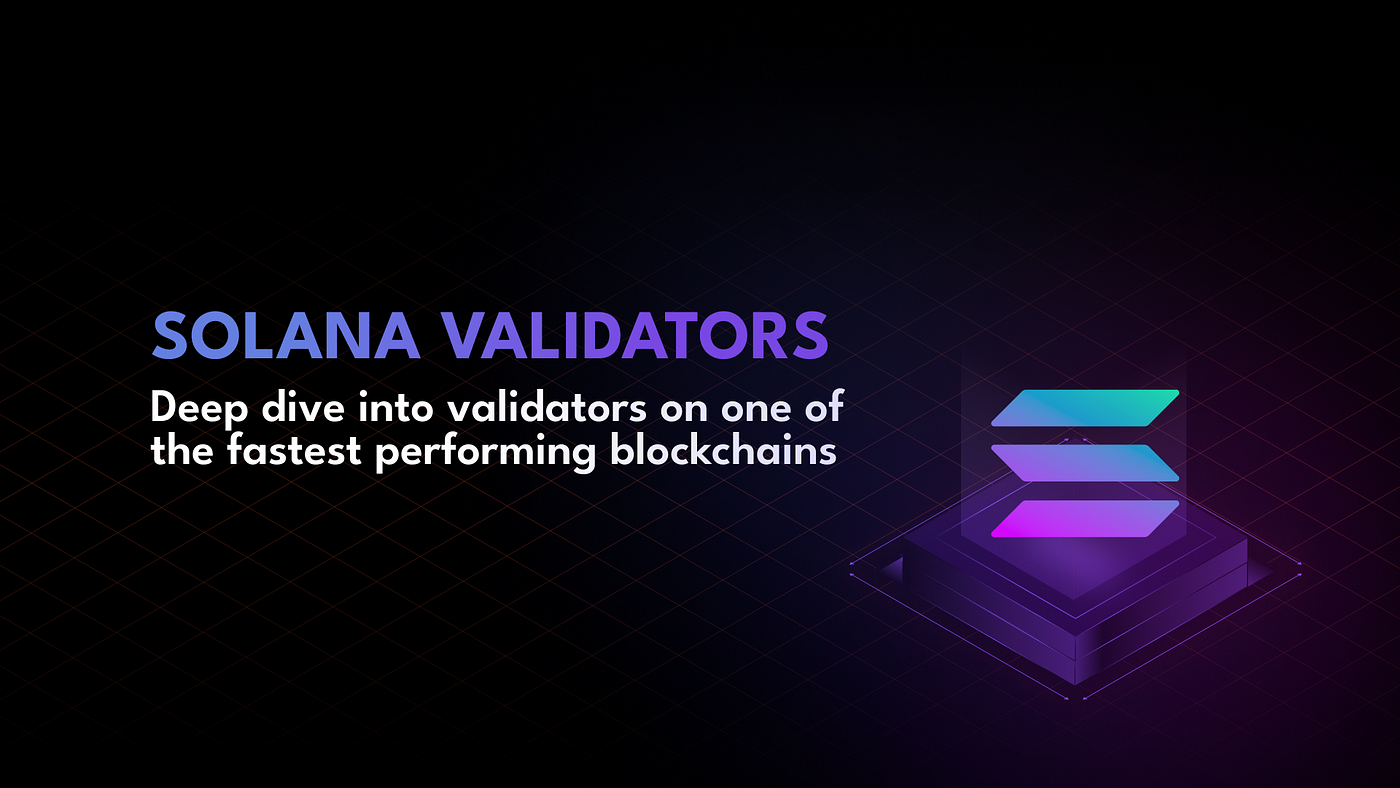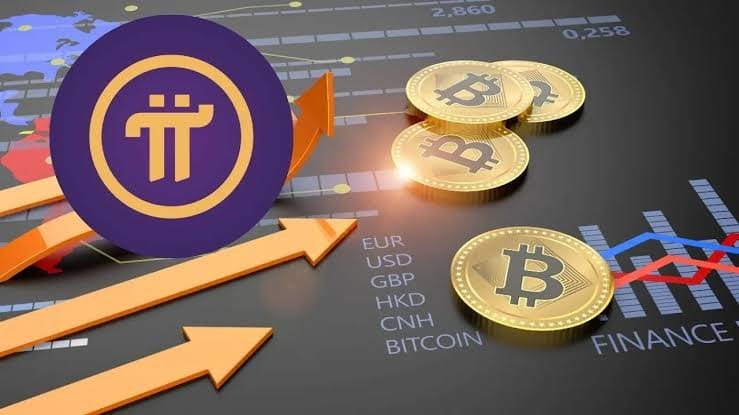Bank of Korea (BOK), a key financial institution overseeing South Korea’s $410 billion foreign reserves, has officially ruled out bitcoin as part of its strategic holdings.
The decision comes amid growing global discussions on cryptocurrency adoption, particularly following the United States’ recent move to establish a Strategic Bitcoin Reserve.
Read also: South Korea bans DeepSeek downloads over alleged data sharing with ByteDance
The reason behind the South Korean decision
The central bank clarified its stance in response to a March 16 enquiry from Representative Cha Gyu-geun of the National Assembly’s Planning and Finance Committee. The bank cited bitcoin’s extreme price fluctuations as a significant deterrent, stating, “If the virtual asset market becomes unstable, there is a concern that transaction costs will increase rapidly in the process of converting bitcoin into cash.”
Bitcoin, which currently trades at about $83,450—down 23 percent from its all-time high of $109,000 in January—has experienced notable price swings in recent months, fluctuating between $98,000 and $76,000 in a single 30-day period, according to CoinGecko data.
Concern about IMF criteria and BOK’s reserve strategy
The Bank of Korea further stressed that bitcoin does not align with the International Monetary Fund’s (IMF) standards for foreign reserves. “The IMF requires reserve assets to be liquid, marketable, and investment-grade,” the bank stated. “Bitcoin does not meet these requirements.”
While South Korea has one of the world’s most active cryptocurrency markets, the central bank remains cautious about integrating digital assets into its monetary framework.
Despite calls from lawmakers and crypto influencers for the nation to embrace bitcoin, BOK officials maintain that foreign reserves should comprise assets with minimal risk exposure.
Read also: How to keep your Pi safe: Wallet tips and scam prevention
Global trends and future implications
Last week, a seminar hosted by South Korea’s Democratic Party explored the potential inclusion of Bitcoin in the country’s reserves.
Meanwhile, Japan’s Prime Minister Shigeru Ishiba has also expressed concern, citing a lack of clarity on how other countries, including the U.S., plan to manage their bitcoin holdings.
Although El Salvador has officially incorporated bitcoin into its financial strategy, South Korea’s central bank insists on a more conservative approach. “It is appropriate for foreign exchange to be held in proportion to the currencies of countries with which we trade,” said Professor Yang Jun-Seok of the Catholic University of Korea.









